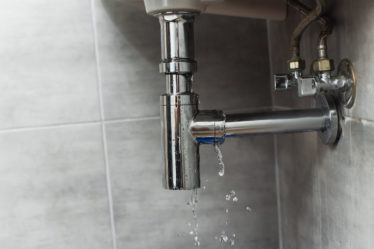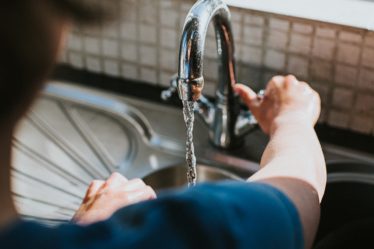
For all homeowners, seasonal changes mean important responsibilities for keeping the household running smoothly. Aside from yard work and preparing for the changing weather, caring for a household’s internal operating systems is of great importance. As the HVAC system controls both the air conditioning and heating system, it’s crucial to consider preventative maintenance for both the unit itself and its thermostat. Both of these important elements guarantee better energy efficiency and directly affect the monthly energy bill.
If you’re a homeowner currently preparing for the winter months, it may be the best time to consider a comprehensive inspection of your HVAC system. Here, we will look at just a few important reasons why a fall tune-up could be the best solution for increasing the energy efficiency of your home.
DIY HVAC and Air Filter Tips

Fortunately for all homeowners, there’s a small checklist of HVAC maintenance responsibilities that can be conducted throughout the year. Although a fall furnace tune-up could boost your system’s energy efficiency, keeping a keen eye on your unit’s ventilation can help you use less energy and lower your utility bill. The best way to begin a basic inspection of your HVAC system is to check your unit’s ducts and air filters. Your HVAC’s filters are responsible for catching outside debris and other allergens within their mesh. Over time, that debris can build up, blocking your HVAC system’s airflow and forcing you to use more energy.
Additionally, any allergens that work their way into the household can lower your home’s indoor air quality. If you have any family members with allergies, asthma, or other respiratory issues, this is especially important. Although regular HVAC services include changing dirty filters for clean ones, this task can be conducted by any homeowner. In order to prevent big problems, such as massive energy waste or costly breakdowns, be sure to check your furnace’s vents and filters for any blockages. When in doubt, however, it’s always best to contact professional HVAC technicians. Professional maintenance of the unit can increase your system’s energy efficiency and avoid potential issues.
Common Thermostat Issues

Although it may seem like a minor element of your full HVAC system, your home’s thermostat can be of equal importance to your energy bill and overall energy efficiency. A good thermostat can also dictate the comfort of your home and allow your HVAC to reach peak performance.
When many homeowners notice an issue with their air system, a false assumption of a faulty unit can sometimes lead to unneeded repairs or replacements. Sometimes, your home’s thermostat may simply need a new battery or be having connection problems with your central air conditioner or furnace. If those small issues persist, you may want to consider installing a programmable thermostat. Also known as a “smart thermostat,” this recent technology allows you to control your HVAC with an app on your mobile device, or it can be programmed to your family’s desired thermostat settings. Not only does this guarantee everyone’s comfort, but you’ll never run the risk of wasting energy during those times that your house is empty. Likewise, programming your smart thermostat to shift temperatures at night or during different seasonal changes can greatly lower your monthly utility bill.
Whether you’re the owner of a new system or your home is equipped with an older furnace, proper care will always increase your system’s overall lifetime. For the very best HVAC system performance, however, be sure to schedule regular tune-ups and regular maintenance. One of the best investments that a homeowner can make is ongoing seasonal maintenance, as consistent care of your home’s internal operating systems can save you money and even increase your home’s property value.



